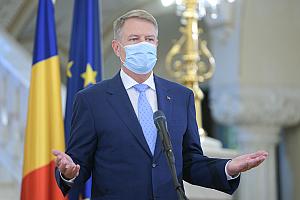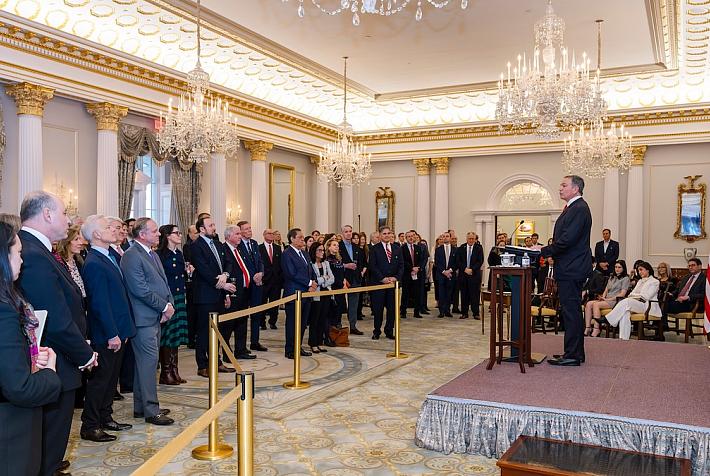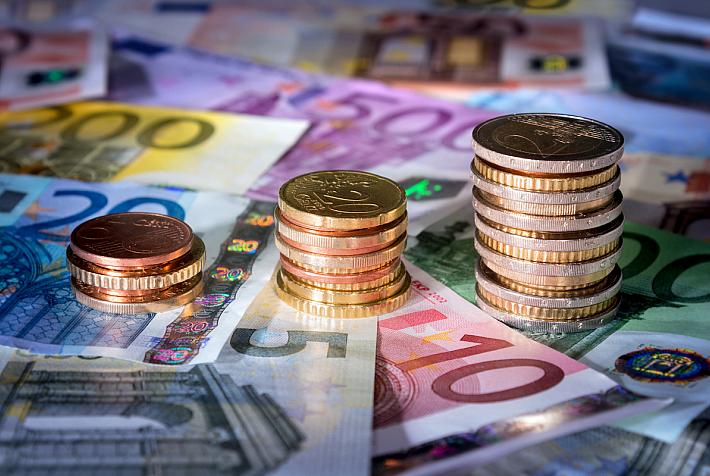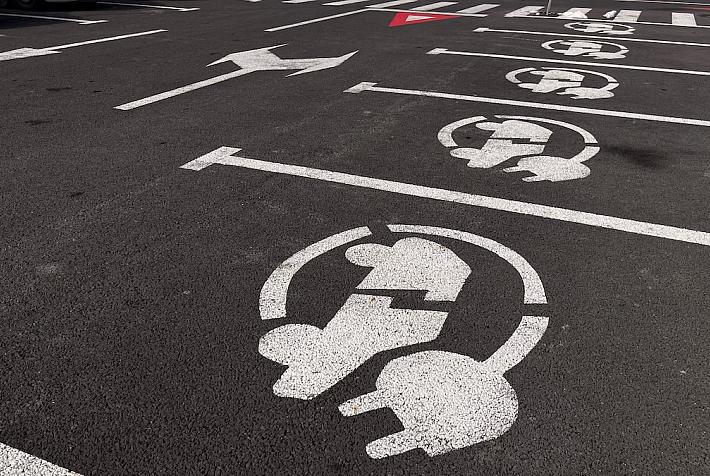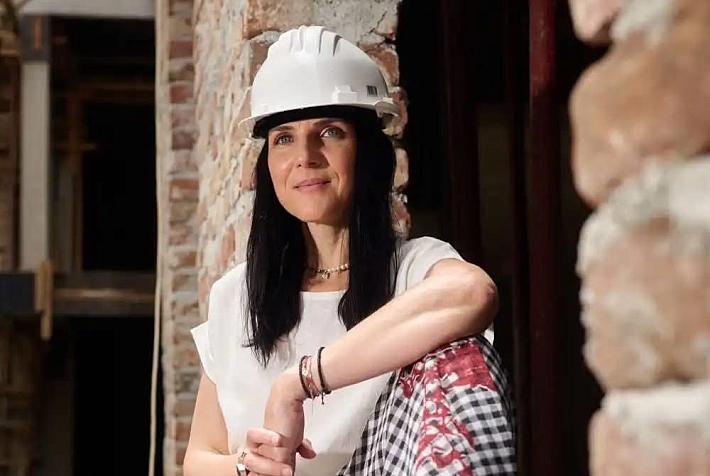Romania’s president: Lifting some restrictions doesn’t mean that life returns to normal after May 15
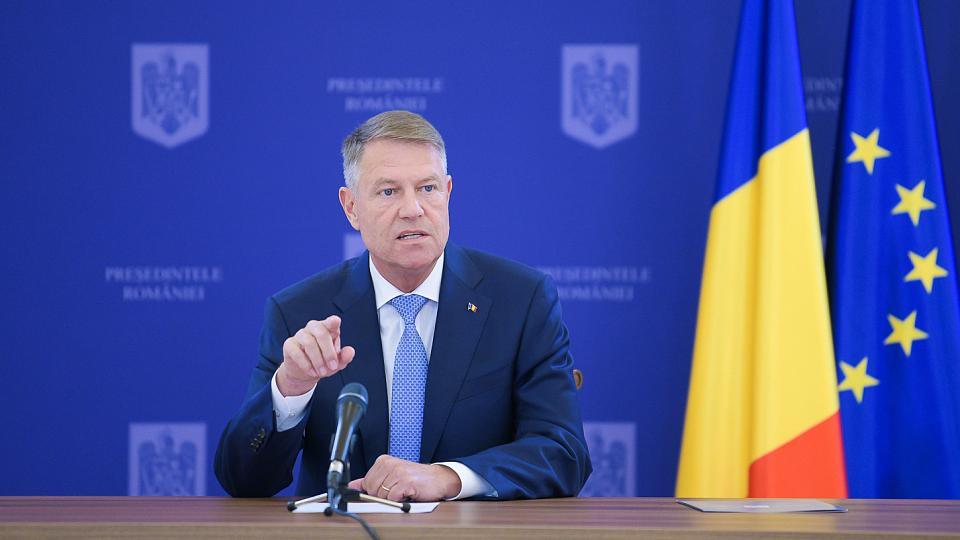
The fact that it is possible to relax specific measures after May 15 does not mean that we return to the normal life that we had before the epidemic, Romania’s president Klaus Iohannis said on Tuesday evening. The president had his first press conference since he decreed the state of emergency in the country.
“May 15, my dears, does not mean a sudden return to the normality that we have known,” he stressed, adding that experts don’t know when society will return to the life before the COVID-19 pandemic.
“There will still be many restrictions in force. We will not be able to meet in groups larger three. We will not be able, for quite a while, to go out to the restaurant or the mall. We will not be able to leave the locality immediately after May 15, unless we have a very serious reason. These things, of course, will still be detailed,” Iohannis explained.
Most economic units and state institutions will have someone at the door who will measure the temperature of all those who go in, and not allow sick people in, according to the president.
“The big festivals probably won't take place this year. We cannot risk having a large number of people gathered in one place. I know that there are many who want, for example, to resume sports competitions. If they resume, there is a high probability that they will take place without spectators.”
The president added that the relaxation measures would be implemented gradually and always based on the evolution of COVID-19 indicators.
The new details about the planned relaxation of COVID-19 restrictions came after the president had already announced on Monday that schools, kindergartens, and universities would remain closed until fall.
“We need attention, balance, and a responsible approach. During the state of emergency, most of the measures were coercive; we imposed them by decree, which was approved by Parliament. Slowly, the authorities need to withdraw a little from this coercive attitude, and ordinary people need to take responsibility. We will have, for example, after May 15, the obligation to wear masks when we are in closed public spaces, when we go by bus, subway, train, and so on. So, things will change gradually,” Klaus Iohannis also said on Tuesday.
The president also praised the authorities for the "remarkable results" proven in the fight against the epidemic, which have allowed Romania to have a relatively low number of COVID-19 cases compared to other countries.
Romania has recorded 11,616 cases of COVID-19 infection confirmed by tests and over 650 deaths by April 28. The number of COVID-19 cases per one million inhabitants in Romania is about 600, compared to 4,900 cases per one million inhabitants in Spain, president Iohannis stressed.
That is why I’ve said that the authorities, together with the doctors, together with the Romanians who have kept to what they were asked to do, have had very good results so far. Wouldn't it be a shame to throw away these hard-earned results?”
“I am very aware that it has been difficult for people to stay at home. It has been difficult for them to scale down their lives in a totally unexpected way. I am very aware that it has been extremely difficult for the doctors and medical staff, and it is still difficult for them. Still, together we have obtained these results. And, I repeat: the danger has not passed. The danger has not passed, and maximum care is still needed,” the president concluded.
editor@romania-insider.com
(Photo source: Presidency.ro)







